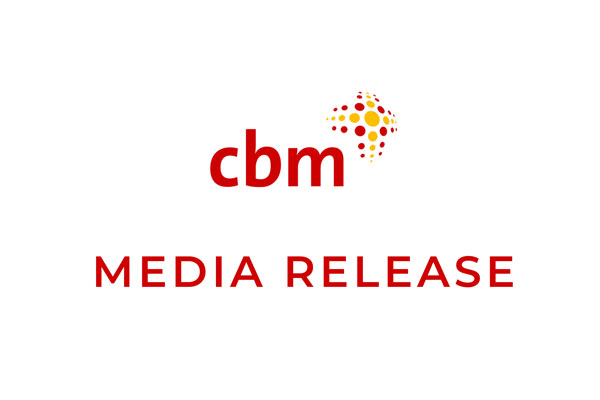Budget reaffirms commitment to people with disabilities in region but funding remains flat
Media-release | June 11, 2024
CBM Australia and the Australian Disability and Development Consortium (ADDC), acknowledge the continued commitment to disability inclusive development in tonight’s Budget.
Jane Edge, CEO of leading disability-inclusive international development agency CBM Australia said, “The Government has once again made a clear commitment to disability inclusion as central to the aid program.
“People with disabilities are among the world’s poorest and most marginalised. The upcoming Disability Equity and Rights strategy for the aid program must back up tonight’s commitment and meet that need by being ambitious, accountable and adequately resourced.
“Australia is a world leader in disability-inclusive development. For our legacy to endure and achieve sustainable impact, we must act now in upholding our commitment to the disability movement in our region and increase investment in our Australian aid program to ensure people with disabilities are heard, included and supported.”
CBM together with peak disability-inclusive development coalition, the Australian Disability and Development Consortium (ADDC), warmly welcomed the Government’s increases to the aid budget in the October 2022 budget, along with the restoration of the central disability allocation to its former level.
Despite this, the central disability allocation funding has remained stagnant at $12.9m since 2015, representing a $4m reduction in the real terms over that time.
Kerryn Clarke, ADDC Executive Officer, noted, “assuming appropriate indexation had been applied to the central disability allocation over successive years of aid funding since 2015, we would expect a budget today of over $15 million. We stand by our ongoing call for the central disability allocation to be immediately increased to a minimum of $14.4 million and indexed to inflation thereafter.”
“Failure to fully prioritise and adequately fund support for people with disabilities in the aid program will cause further deterioration of essential services and programming when it is needed most.”
The central disability allocation funds critical work in partnerships, capacity development and technical expertise, including for our nearest neighbours in the Pacific.
Extreme poverty has increased for the first time in 20 years, impacting more than 150 million people globally. Fuelled by concurrent crises – climate change, global conflict, and the COVID-19 pandemic – food and housing insecurity is more widespread than ever.
People with disabilities are at higher risk of experiencing poverty, with one in five of the poorest people living in developing countries having a disability, and are more likely to lack access to employment, education and social inclusion. The rate of unemployment for people with disabilities in the Asia-Pacific region ranges from 50 to 90 per cent.
“Now is the time to act as a world leader in disability-inclusive development”, Ms Edge said, “We have an obligation to support the rights and needs for all people with disabilities. We look to the upcoming Disability Equity and Rights strategy to be the catalyst for Australia stepping up to better meet that obligation.”
Jane Edge is Chief Executive Officer of CBM Australia and a member of the Board of the Australian Council for International Development (ACFID).
For media, contact Emma Hipango on EHipango@cbm.org.au
Kerryn Clarke is Executive Officer of ADDC. For media, contact Kerryn kclarke@addc.org.au.
https://www.cbm.org.au/media-release/budget-reaffirms-commitment-to-people-with-disabilities-in-region-but-funding-remains-flat
Related Stories

Taking a stand against intersecting bias impacting older people with disabilities in development and humanitarian contexts
A new policy report by The Fred Hollows Foundation...

Welcome commitment to disability equity when disasters strike
CBM Australia and the Australian Disability and Development Consortium collectively welcome the Australian Government’s...

2024 Federal Budget: Small steps to deliver significant, sustainable change
CBM Australia and the Australian Disability and Development Consortium...
